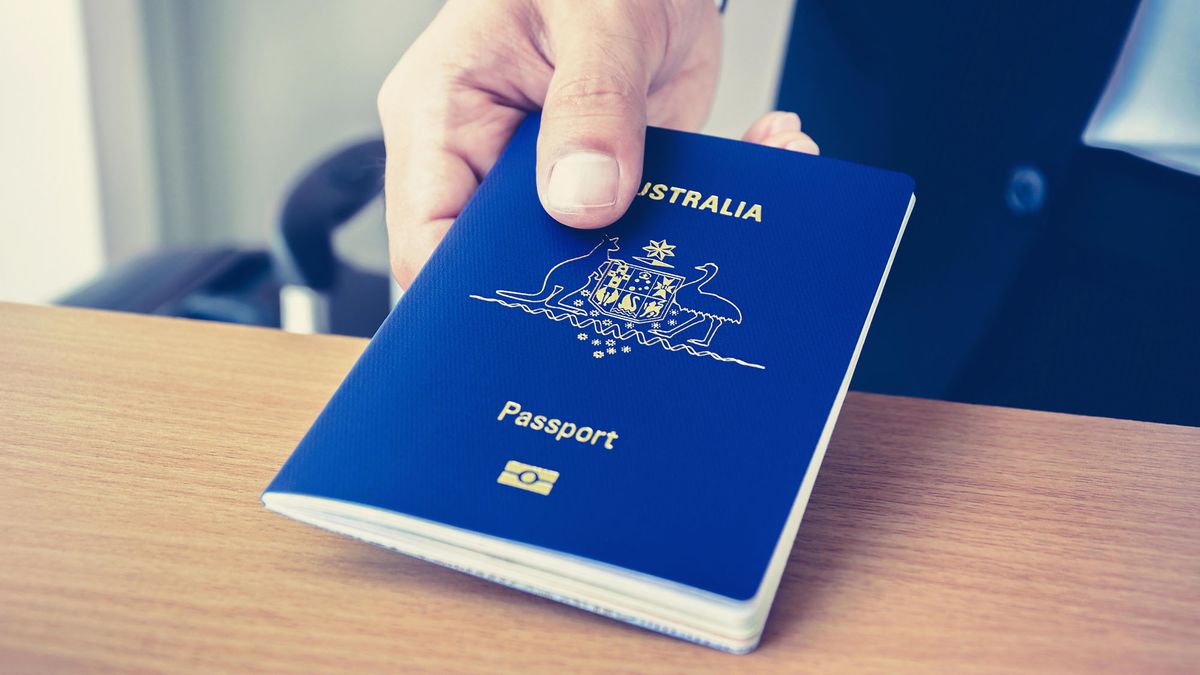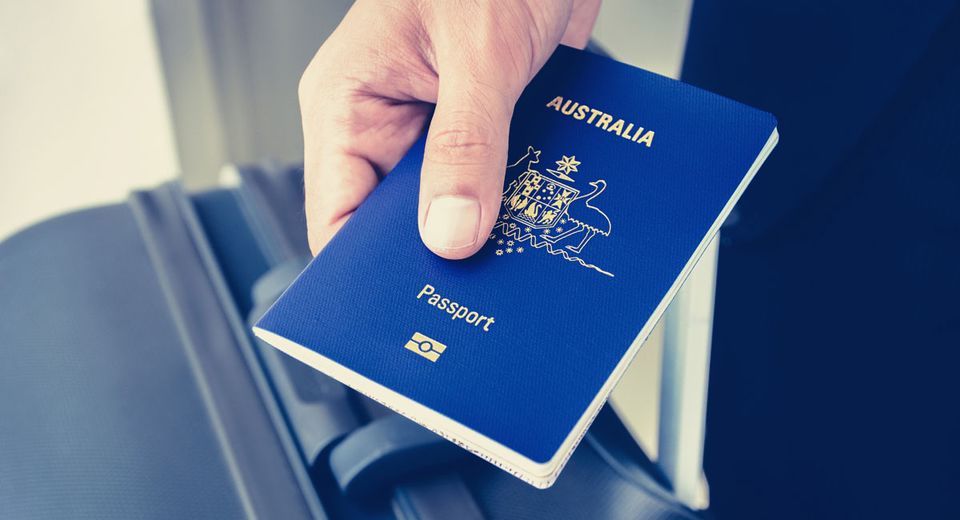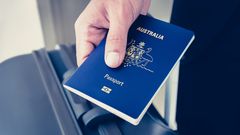What you need to do before travelling to New Zealand
Planning to take a trip within the trans-Tasman travel bubble? There are steps you need to follow before you fly.

With quarantine-free travel now possible between Australia and New Zealand, overseas holidays and business trips are once again on the agenda: but it’s not as simple as booking a flight and turning up at check-in.
Depending on your specific travel plans, you’ll need to complete at least two online declarations prior to travel, with many jetsetters requiring a third pass as well.
Once your flight is locked away, here’s a handy checklist to follow in the week leading up to your trans-Tasman voyage.
Step 1: Register your quarantine-free travel with New Zealand
Before you can check-in for a flight to New Zealand, you’ll need to register a few details of your trip with the NZ Government.
From start to finish, this process takes just a few minutes.
This confirms that your journey will be quarantine-free, and once you’ve completed the form (via the NZ Government website, from any time after making your booking), you’ll receive an email to present at the airport, allowing you to check-in.
You’ll need to enter your flight number, planned arrival date in New Zealand, your passport information, your phone number and address (e.g. hotel name) in New Zealand, your email address, and the details of an emergency contact, just in case you can’t be reached.
Upon completion, either print the email you receive which contains a quarantine-free confirmation code, or have the email ready to present on your phone at the airport.
You’ll also want to download the NZ COVID Tracer app for iPhone or Android ahead of your trip, which is used to check-in at venues across New Zealand for contact tracing purposes.
(As well, if you’re not a citizen of Australia or New Zealand and don't have a pre-arranged visa, you’ll also need to apply for an NZeTA visa waiver to enter NZ, as was the case prior to COVID-19. This includes Australian permanent residents who don't hold citizenship with either country.)
Step 2: Complete an Australian Government ‘travel declaration’
Prior to entering Australia, you’ll also need to submit an international travel declaration.
This registers your journey with the Australian Government for contact tracing purposes, and confirms you won’t need to quarantine on arrival in Australia, provided you’ve only spent time in Australia and New Zealand within 14 days of your arrival.
You can complete your travel declaration online within six days of departure, and ideally, not less than 72 hours before you fly.
(The website suggests your form can be filed seven days prior to departure, but the system counts the departure date as ‘day one’, so for travel on a Thursday, the form can be completed from Friday in the week prior.)
You’ll again need your passport and travel details at-hand to complete the process and receive a confirmation, which can be shown at the airport as part of the check-in process, and if requested, again upon arrival in Australia.
Step 3: Check Australian domestic border pass requirements
In addition to your international travel declaration with the Australian Government, you may also need to apply for a border pass or to register your travel plans with your home state or territory, along with any you plan to transit through where similar requirements exist.
Here’s where to get that done:
- New South Wales: Complete an NZ arrival declaration form.
- Victoria: Apply for a Victorian Travel Permit (currently, this would be a ‘green zone’ permit).
- Queensland: No border pass required.
- ACT: No border pass required (but check requirements in your transit state).
- South Australia: Complete a Cross Border Travel Registration form.
- Tasmania: Get your Tas e-Travel pass, or if NZ moves to a higher-risk category, a G2G Pass.
- Western Australia: Just as for domestic travel, you’ll need a G2G Pass.
- Northern Territory: All arriving travellers must complete a Border Entry Form (also check requirements in your transit state).
The timeframes for lodging your form or pass vary between jurisdictions, so check the latest advice for your state or territory via the links above.
Step 4: Check your passport expiry
Chances are, you haven’t looked at your passport since at least early last year: so, before making all of your travel arrangements, dust it off, and double-check its expiry date.
Not only does the passport need to be valid, but you’ll need to meet any requirements of the country you’re visiting.
New Zealand’s latest advice is that temporary visitors must enter using a passport valid “for one month beyond the date they intend to depart, if the issuing government has consular representation in New Zealand that is able to issue and renew travel documents,” which is true of the Australian Government.
Those permanently relocating to NZ, however, may enter using a passport “valid for enough time to allow them to travel to New Zealand.”
The same is true of New Zealand citizens and residents returning home – with Australian citizens and residents returning to Australia similarly able to enter Australia up to their passport’s printed expiry date.
All requirements listed in this article may change from time to time, so be sure to check the latest travel advice and requirements directly with the relevant government authorities prior to each journey. It is the traveller's responsibility to ensure they meet all requirements prior to travelling and throughout each journey, noting that such requirements may have changed since this article was first published, and may change at short notice even after commencing travel.









09 May 2020
Total posts 568
Might be obvious but the advice here is for Australian and NZ residents but don’t think the privilege extends to those travelling on other passport with no Aus residency status to them, so make sure you exit and return on either Oz or NZ passport or other nation’s passport with proof of residency that is linked to the passport.
For those with dual citizenship and had a habit of using different passport for exit/entry on a single travel trip
13 May 2020
Total posts 825
you forget to mention, getting an extension on your mortgage.
Costs to go to NZ have gone up, a lot. Air more, accommodation more, cars more.
OK so can understand why
1) airlines - less flying TT - No Virgin until late September, no Air Asia (who always had the cheapest fares TT - remember au$199 return, which was basically about $10 more than taxes of old) & probably others as well. So less supply & greater demand, at least until pent up demand satisfied. Also taxes ex Australia have gone up nearly $50, but not sure why.
2) Property owners are trying it on & am sure some will get some higher prices from the less price sensitive & then some more down the track, maybe. Dynamic pricing online & lower prices given to wholesalers, who package & don't break up costs, will surely mean deals later, but never in school holidays or peak of ski season.
Yield managers at hotels etc. better be careful to watch bookings as closely as airlines do. Same with rental car companies, especially the small ones, with no dedicated yield manager, who suddenly might see bookings dry up, if there opposition drops prices.
One wholesaler just told me, it's cheaper to go to USA next year than NZ in July, August or September, as pricing for USA for accommodation is same or lower next year, due to exchange rate & airfares actually cheaper.
3) Less cars to rent, as many rental firms sold big chunks of their inventory & they don't want to get more cars unless bookings continue. Again some are trying it on. Just got 2 prices for same cars for a week in NZ, with same insurance coverage & newish cars, (not those 10yo used japanese imports with 150,000km on them) & prices varied by 50%.
Assuming we can all fly to North America later this year, it seems that will be a cheaper option than NZ & considering the different is flight lengths, that really hard to believe.
Qantas - Qantas Frequent Flyer
17 Aug 2020
Total posts 3
I just have a question about travelling to the UK. My son is there and I want to go on the 28th Nov and are willing to go for 3 months. I have a New Zealand passport but are an australian citizen. I live alone so can quarantine in my courtyard unit. I heard that it is now 6mths you have to be out of Aust - do you think I will be allowed to obtain an exception. There is no special reason except I want to see my son thank you
Hi Guest, join in the discussion on What you need to do before travelling to New Zealand